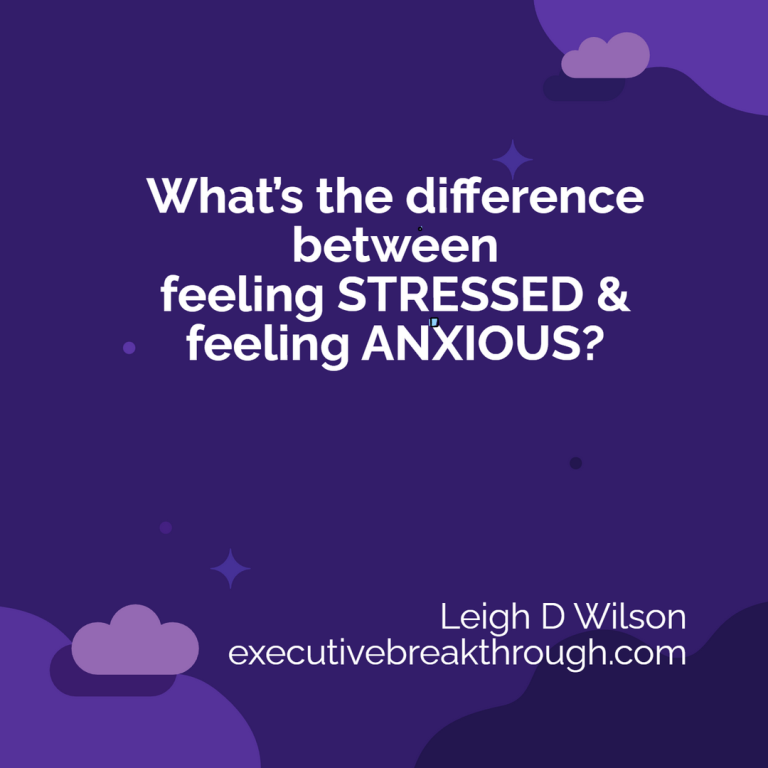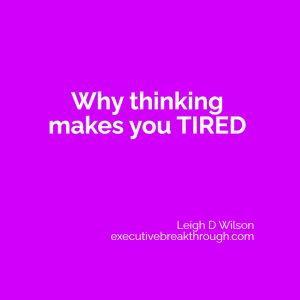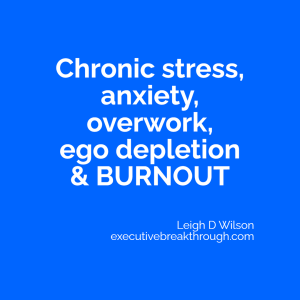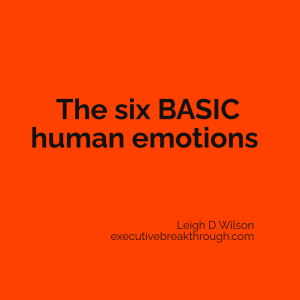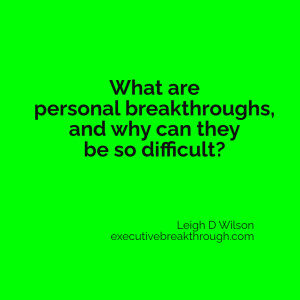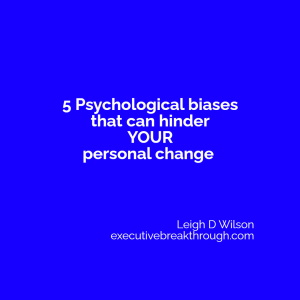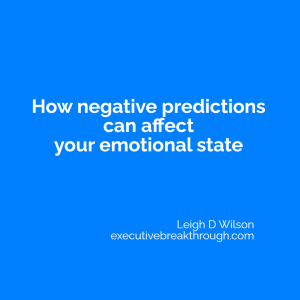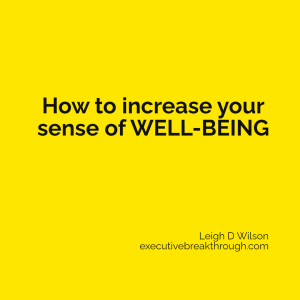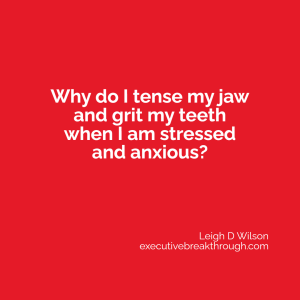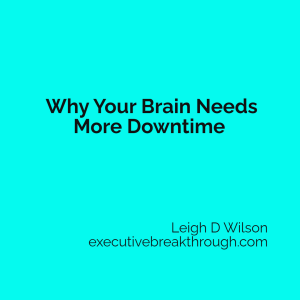While stress and anxiety are related and often experienced together, they are distinct emotional and physiological responses. Understanding their differences can help you manage and address these feelings more effectively.
Stress typically refers to the body’s response to external pressures or demands. It can arise from various external sources such as work deadlines, financial problems, relationship issues, or major life changes. When you are feeling stressed, you will be feeling overwhelmed, tense, or under pressure in some way. You will probably feel it in your body as well is your mind. It can motivate you to take action to address the source of stress.
Anxiety, on the other hand, is a broader and more persistent emotional state characterized by excessive worry, fear, and apprehension. Unlike stress, anxiety doesn’t always have a specific external trigger or identifiable cause. It may arise from a combination of factors, including genetic predisposition, personality traits, and past experiences. Anxiety can persist even when there’s no immediate threat or stressor present, and it can interfere with your daily life, causing distress and limiting you in some ways.
While stress is often temporary and linked to specific situations, anxiety tends to be more chronic and generalized. People with anxiety may experience physical symptoms such as restlessness, difficulty concentrating, muscle tension, irritability, sleep disturbances, and a heightened startle response.
Anxiety disorders, such as generalized anxiety disorder (GAD), social anxiety disorder, or panic disorder, involve more severe and persistent anxiety symptoms that may require professional treatment.
So, in summary, stress is typically a response to external pressures, whereas anxiety is an internal state of excessive worry and fear that may not always have a specific trigger.
Both stress and anxiety can have significant impacts on well-being, so if this is a problem for you, we should chat because I can probably help you find some relief very quickly.
#selfdoubt #worry #stress #anxiety #selfconfidence #overwhelm #procrastination

